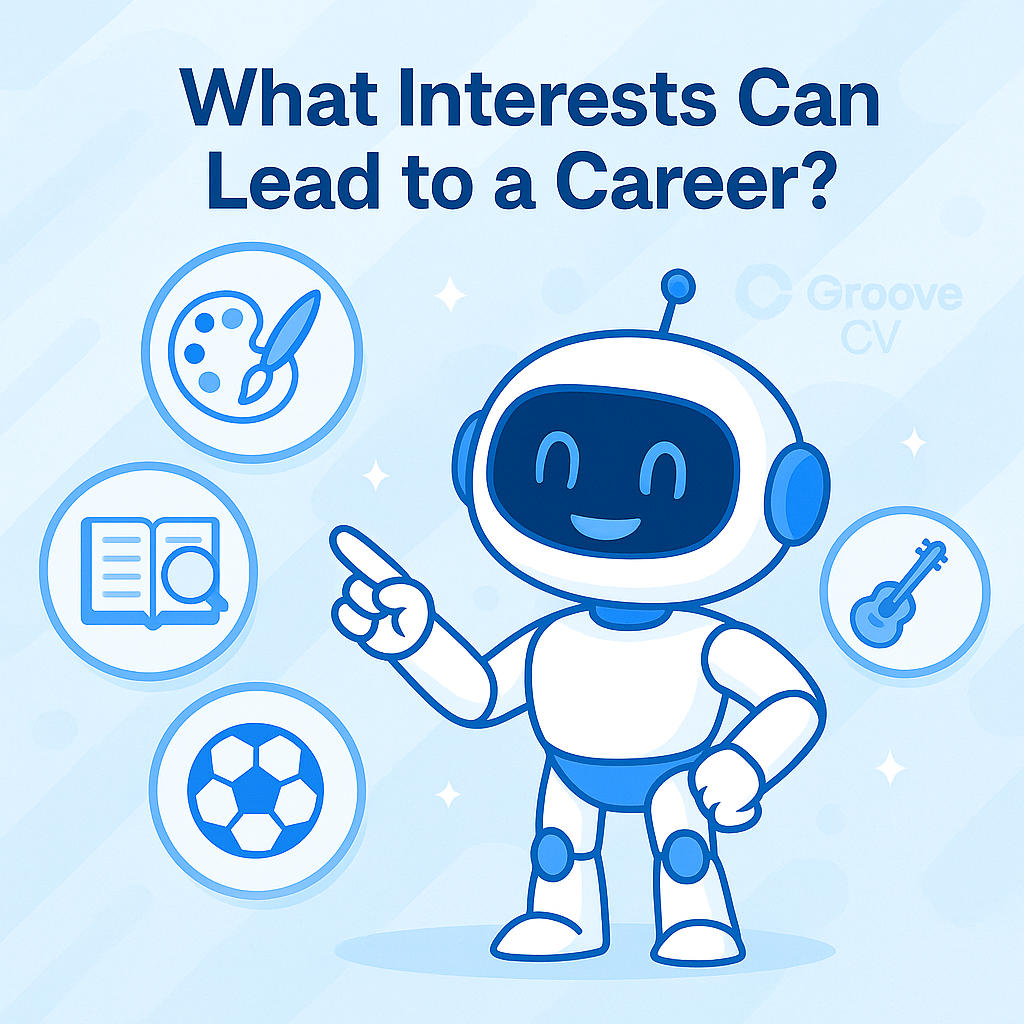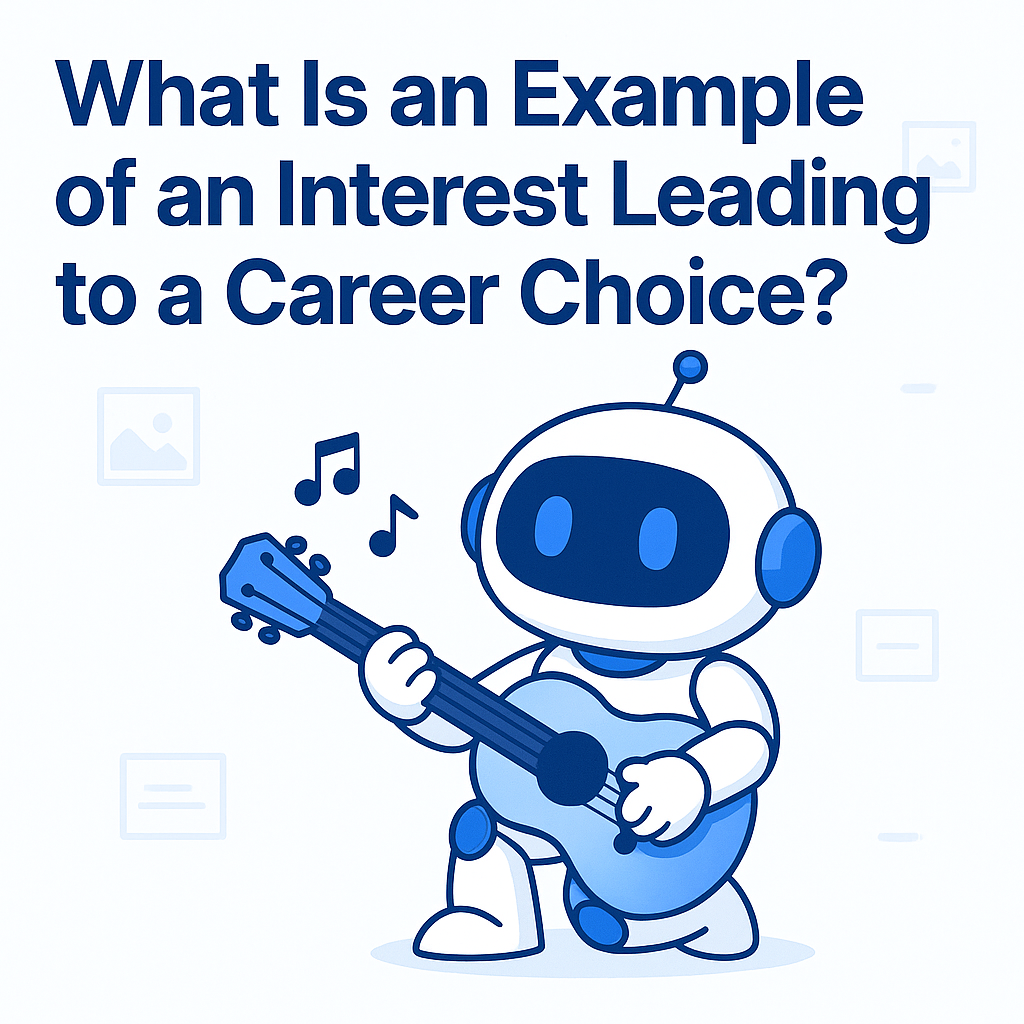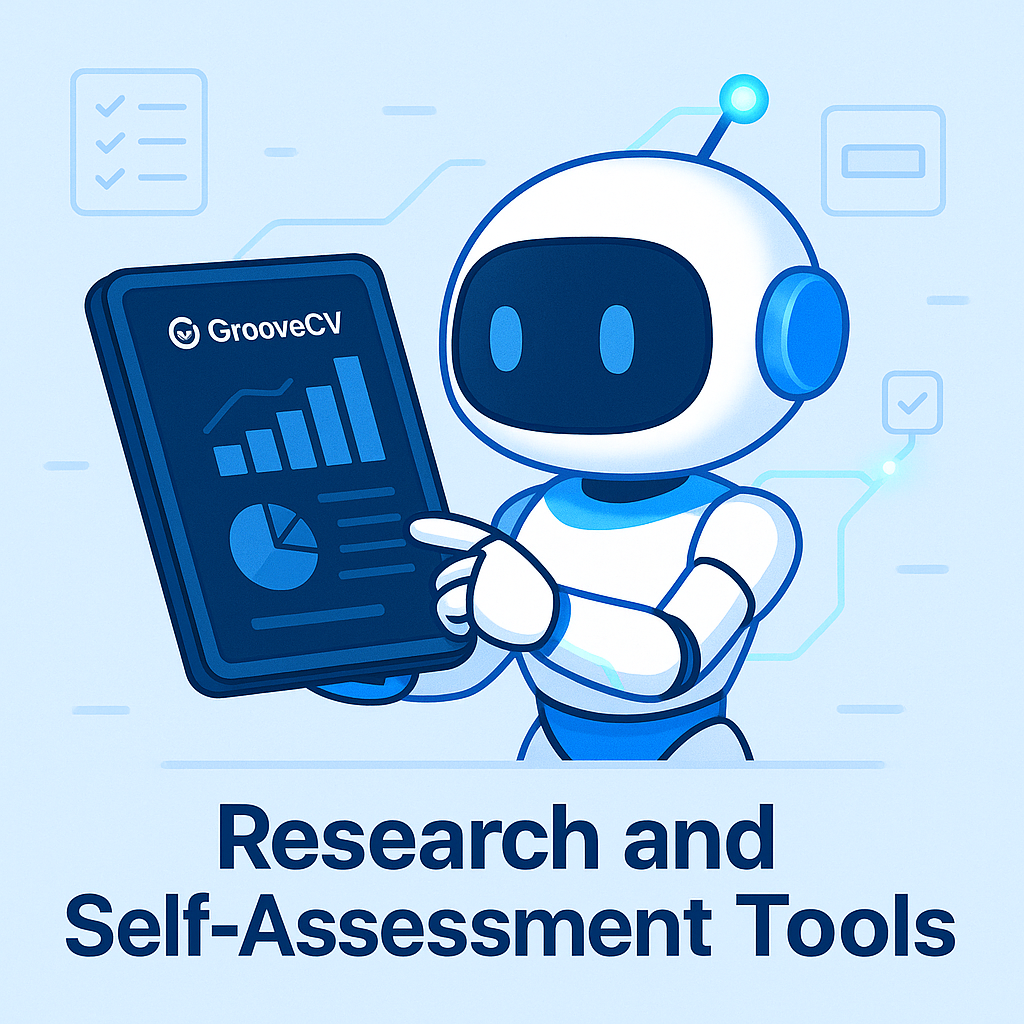
Did you know that 60% of workers perform better when their job matches their passions? Turning hobbies into a fulfilling career isn’t just luck—it’s strategy. The RIASEC model helps identify how personal activities connect to professional paths.
Studies show aligning work with passions boosts satisfaction by 17% and cuts turnover rates. Tools like O*NET and vocational assessments make this easier. Sarah’s journey from animal lover to veterinarian proves it’s possible.
Modern job searches benefit from AI tools like GrooveCV, which analyzes resumes in real time. Whether creative or analytical, your unique strengths can shape a rewarding future.
John Holland's RIASEC model reveals how personal passions translate into professional success. Developed in 1997, this framework categorizes work preferences into six types. The O*NET database applies these codes to 1,000+ occupations, creating a roadmap for career exploration.
https://www.youtube.com/watch?v=D9SKD7DIqNc
Research shows people thrive when their job aligns with these inherent tendencies. "Vocational fit isn't about skills alone—it's about matching how you engage with the world," explains career psychologist Dr. Linda Gottfredson.
These individuals excel in tangible tasks using tools or machinery. Electricians, engineers, and farmers often score high here. Trades show 12% higher retention rates when workers match this profile.
Curiosity drives these analytical thinkers. STEM fields employ 18% of high-scoring investigative types. Careers range from medical researchers to data scientists.
Unconventional thinkers flourish in design, writing, or performing arts. While average salaries sit at $48k, job satisfaction often outweighs financial rewards.
Empathic individuals find purpose in education, healthcare, and social work. These careers report 23% above-average satisfaction rates.
Natural influencers gravitate toward sales, management, or entrepreneurship. With average earnings of $72k, these roles reward persuasion skills.
Detail-oriented professionals dominate financial and administrative roles. They comprise 34% of banking sector positions.
RIASEC TypeSample CareersAvg SalarySatisfaction RateRealisticMechanic, Surveyor$56,00068%InvestigativePharmacist, Architect$78,00072%ArtisticGraphic Designer, Musician$48,00065%
Validated assessments like the Strong Interest Inventory or CISS help identify your dominant types. Platforms like GrooveCV then match these profiles with suitable careers. Avoid unverified tests—they often miss critical nuances in vocational fit.

Turning daily interests into lifelong work isn’t just possible—it’s powerful. The veterinary field shows this clearly—68% of practitioners trace their career inspiration to childhood animal care experiences.
Sarah’s journey required eight years of focused education: four in animal science undergrad plus four at competitive vet schools. With just 15% acceptance rates nationwide, her investigative/realistic RIASEC combo proved vital. "Understanding USDA regulations during internships gave me the edge," she notes.
Across industries, personal fascinations fuel professional success:
Alternative paths exist too. Electricians often choose apprenticeships (2-4 years) over degrees, while social workers frequently volunteer before securing paid roles.
Tools like GrooveCV’s veterinary resume templates help bridge the gap between passion and profession. Their skills matrix highlights critical competencies—from surgical precision to client communication—mirroring O*NET’s 12% growth projections for animal care careers.
Time investments vary: creative fields may require years of freelance projects, whereas conventional roles often demand certification exams. Every transition starts with recognizing how personal joys meet market needs.
Career satisfaction skyrockets when personal passions align with professional roles. Research proves this connection impacts everything from daily motivation to lifetime earnings. The right vocational fit creates a powerful cycle of achievement.
Employees in aligned roles report 39% greater productivity according to Nye's meta-analysis. Google's job crafting program demonstrates this—teams adjusting tasks to match strengths saw 22% lower turnover.
The SCCT model (Brown, 2011) shows how abilities combined with interest drive persistence. Rottinghaus found a .52 correlation between self-efficacy and career achievement.
Alignment FactorImpact MeasurementTimeframeVocational fit17% satisfaction increaseFirst yearSkill utilization12% productivity gainQuarterlyValue congruence23% engagement boostOngoing
Tools like GrooveCV's career simulator use O*NET data to predict success paths. Holland's congruence index further quantifies how well personal traits match occupational requirements.
Transform your passions into paychecks with a strategic career roadmap. Whether artistic or analytical, matching skills to roles boosts success. Start with research, gain experience, and leverage technology to stand out.

Identify your strengths using validated tools like the RIASEC model. Free options like the Self-Directed Search (SDS) compare to paid assessments like the CISS. "Vocational tests reveal hidden strengths," says career coach Mark Phillips.
Hands-on work bridges theory and practice. Micro-internships via platforms like Parker Dewey offer gig-based roles. Conversion rates hit 47% for full-time offers.
Volunteer sites like Idealist or Catchafire connect causes to career builders. Experience matters—92% of hiring managers prioritize demonstrable skills over degrees alone.
AI analyzes 50+ resume success factors, from layout to achievement quantification. GrooveCV’s engine tailors content to job descriptions, boosting interview rates by 30%.
"AI tools cut application time while highlighting relevant competencies."
—Talent Acquisition Lead, LinkedIn
ResourceKey FeatureBest ForGrooveCVReal-time ATS scoringTech/Corporate rolesU.S. News RankingsEducation program ratingsDegree seekers
Your passions can fuel professional success when aligned with the right career path. The RIASEC model proves matching interests to work boosts satisfaction by 17% and performance by 12%.
Take action now. Use tools like GrooveCV to create job-winning resumes in 15 minutes. Their AI-powered platform increases interview chances by 210%, with 87% user satisfaction.
Over 12,000 professionals launched careers using this technology. Try the free trial today at www.groovecv.com. Remember, lifelong skills assessments keep your goals on track.
Interests shape career decisions by aligning personal passions with job opportunities. People perform better and feel more fulfilled when their work matches their skills and values.
Tools like the RIASEC model, Myers-Briggs Type Indicator (MBTI), and StrengthsFinder help assess interests and abilities. Online platforms like LinkedIn and Glassdoor offer insights into job trends.
Yes. Many professionals, like photographers, chefs, or programmers, started with hobbies. Gaining experience, networking, and refining skills can transform passions into stable careers.
Working in a field that matches interests boosts motivation and reduces burnout. People enjoy tasks they find meaningful, leading to long-term success and fulfillment.
Platforms like GrooveCV optimize resumes, suggest job matches, and highlight skills. AI-driven assessments analyze strengths and recommend career paths based on personal traits.
Research industries, gain hands-on experience through internships, and network with professionals. Continuous learning and skill development ensure a smooth transition.